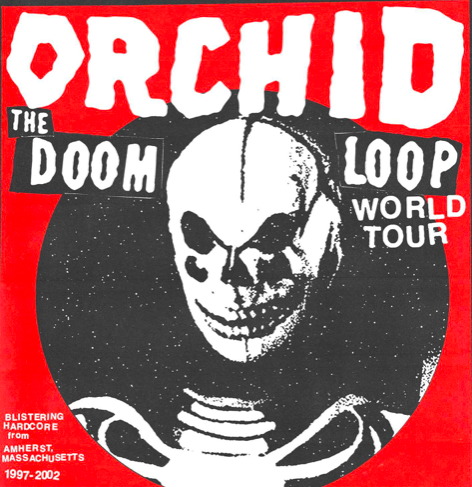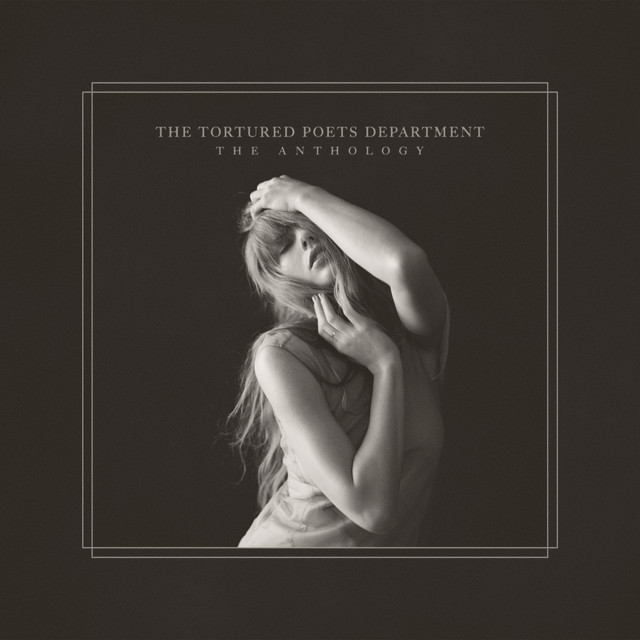
The first time I listened to Sun Kil Moon’s “Benji,” I was riding a New York City subway train home from work. I’ll never forget that train ride. Sun Kil Moon was an artist I’d been hearing about since the release of “Benji” in February 2014. Pitchfork and Stereogum, two prominent websites that cover independent music, had praised “Benji” to no end. It was therefore only a matter of time until I’d give the record a try myself.
Though I’d never heard any of Sun Kil Moon’s previous records, reviews led me to assume that “Benji” would sound like Modest Mouse’s “The Moon & Antarctica,” another stirring mixture of progressive rock and acoustic sounds. In reality, the record sounded like nothing I’d heard before. Its acoustic guitar strumming sounded hauntingly beautiful, and Mark Kozelek’s lyrics felt akin to the great stream of consciousness writings of James Joyce or William Faulkner, writers who allowed their characters to speak and think for themselves.
“Benji” was an incredibly intimate piece of music, and listening to it for the first time on the way home from work was oddly fitting. Kozelek allowed me to throw away all the trivial matters of my day and focus on something with density and complexion. His voice was beautiful and transfixing as I stared out of the subway window.
Even though I loved “Benji,” I remain the stereotypical, front-running Sun Kil Moon fan. I’ll likely never bother with their first five records, but I like Mark Kozelek and his Sun Kil Moon project enough to keep listening to what it puts out every year. Since “Benji,” that would include 2015’s “Universal Themes,” last year’s “Jesu/Sun Kil Moon,” and the newest offering from the group, “Common as Light and Love Are Red Valleys of Blood.”
If Kozelek knew this about me, I’m sure he’d consider me to be among the fans for which he does not hold a particularly strong affinity. He’d probably laugh and print a “F**k You William Plotnick” t-shirt. No matter how he may choose to disparage his fans, one thing is abundantly clear: Kozelek could care less about what it is you think about him, and that is an inherent part of what makes him so great.
“Common as Light and Love Are Red Valleys of Blood,” released Feb. 17, has Kozelek further unconcerned with what music journalists or more recent fans think about him or his music. The album, with its impressive two hour and 10 minute length, was not made for eager or impatient listeners. Essentially, to enjoy this record, a listener needs to be patient enough with Kozelek to tolerate his obscure references, and okay with hearing him vamp for 10 minutes straight on tracks such as “Philadelphia Cop” and “God Bless Ohio” over the same, unchanging beat.
“Common as Light and Love Are Red Valleys of Blood” is as close to podcast rock as an album can get. It is as much a platform for Kozelek to express his opinions as it is for him to create beautiful, life-affirming music. Kozelek continues to do what he does best throughout the first half of this record: come up with gorgeous progressions to sing over on his acoustic guitar, and sing with aching passion. However, this familiar sound can leave a listener wondering if Kozelek has it in him to change this equation. Because of that, the first half of the record can be a frustrating experience.
One thing I found was that the less I tried to actively enjoy the first eight songs of the record, the more I found myself accepting them and even enjoying them. Kozelek brings a new, dark humor to this record, joking with the students of Sarah Lawrence College on the “Sarah Lawrence College Song” and making fun of music journalists like myself on “Philadelphia Cop.” “Hold on a sec, Sufjan Stevens just texted me,” jokes Kozelek to an imaginary journalist. “Oh my god! I love him!” says Kozelek mimicking the journalist in a lispy voice.
Even Kozelek’s serious criticisms of society, like those of bans on transgender restrooms and gun control, are somewhat hard to take seriously. It is fair to say that he has lost his sway and cultural relevance among the countless more sonically and politically charged records that have been released since “Benji.”
At the end of the day, much of Sun Kil Moon’s music, and this record, is simply weird. Its first eight songs will test your patience and sometimes have you staring at the clock, but will ultimately bring forth laughs and some interesting experiences due to Kozelek’s creative writing style.
Before bothering with the slog that “Common as Light and Love Are Red Valleys of Blood” can sometimes be, listen to “Benji” to get a sense of what makes this project so great. Follow “Benji,” lower your expectations slightly and check out the records that follow it. Though the experiences will never be as rewarding, Kozelek’s quirks can be enough to bring a smile to the face of any listener.
William Plotnick can be reached at [email protected].



















Bill Chaisson • Mar 11, 2017 at 4:02 pm
What a weird review; an 850 word article on Sun Kil Moon that never mentions Red House Painters — Mark Kozelek’s band through most of the ’90s — at all and with very, very little discussion of what the music sounds like. And oddly enough, the description of the music that is present isn’t particularly accurate. “Common as Light” is noteworthy for having hardly any guitar on it, acoustic or otherwise. Instead the arrangements are heavy on bass and keyboards and owes a lot to talking blues and hip hop. The hip hop parts of it aren’t just the rhythmic sing-speak style of the delivery, but also the self-referential and topical nature of the lyrics. The personal and the political are blurred; you get a very personal take on what Kozelek thinks about “the world today.”
Kozelek has always made intensely personal music, but Red House Painters lyrics were uncomfortable because they were painfully accurate descriptions of dysfunctional relationships. I honestly didn’t continue to follow him when he started up Sun Kil Moon (which initially included two members of RHP) because the early albums were pretty much like late RHP. I guess I should thank Mr. Plotnick for writing something that seemed so entirely off base that it made me check out Kozelek’s music again. He can still make listeners uncomfortable because of the bald candor of his lyrics, but whereas once upon a time you felt like the feelings he was describing were very immediate, he now spends a lot of time look back over the years (he is 50 years old) and ruminating on the state of the world. At over 2 hours long, this album is just too much to listen to all at once, like reading a book of short stories in one sitting. But taken one or two at time, these are fascinating, sad, and funny. The music is often repetitive and definitely in the service of the lyrics, but there are passages that are inventive.